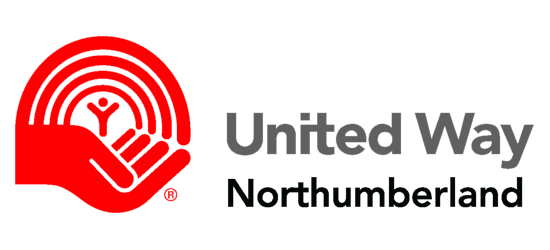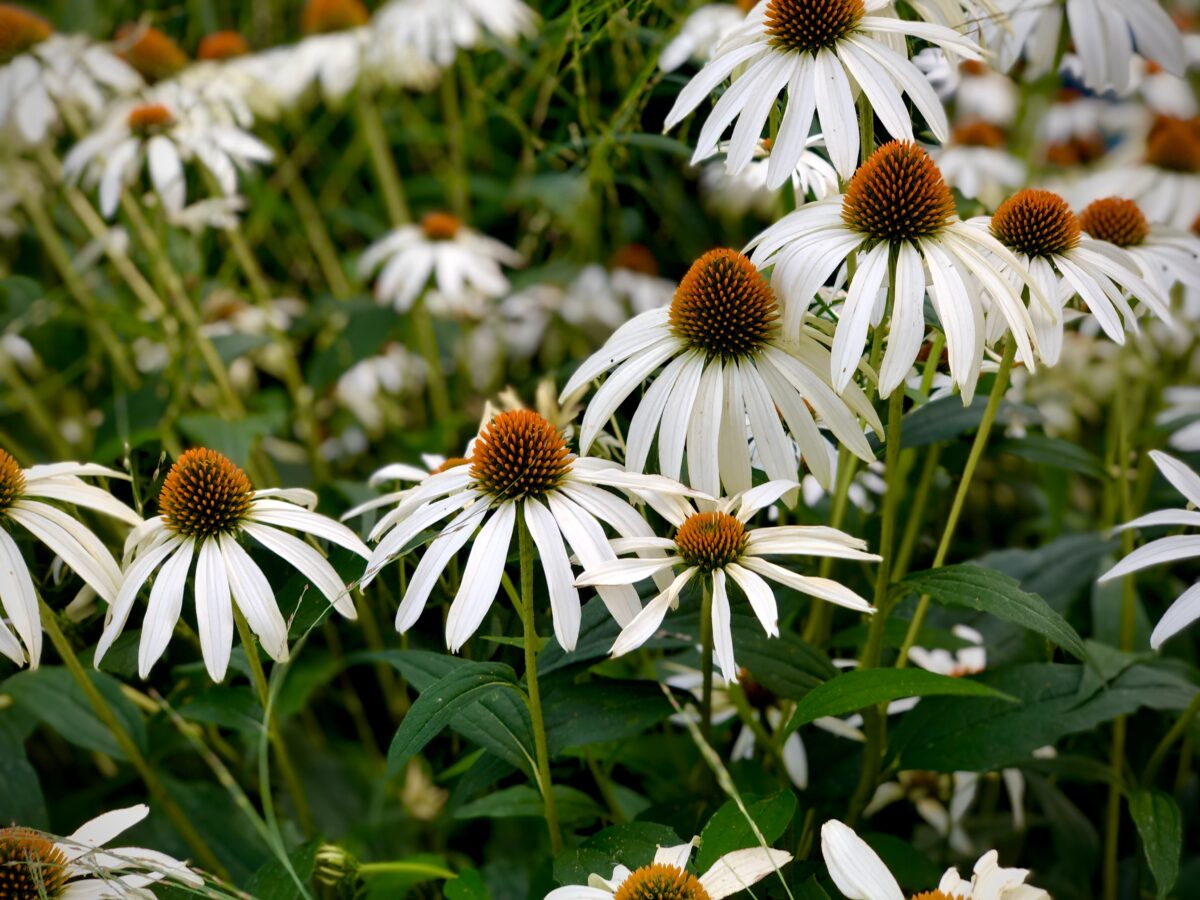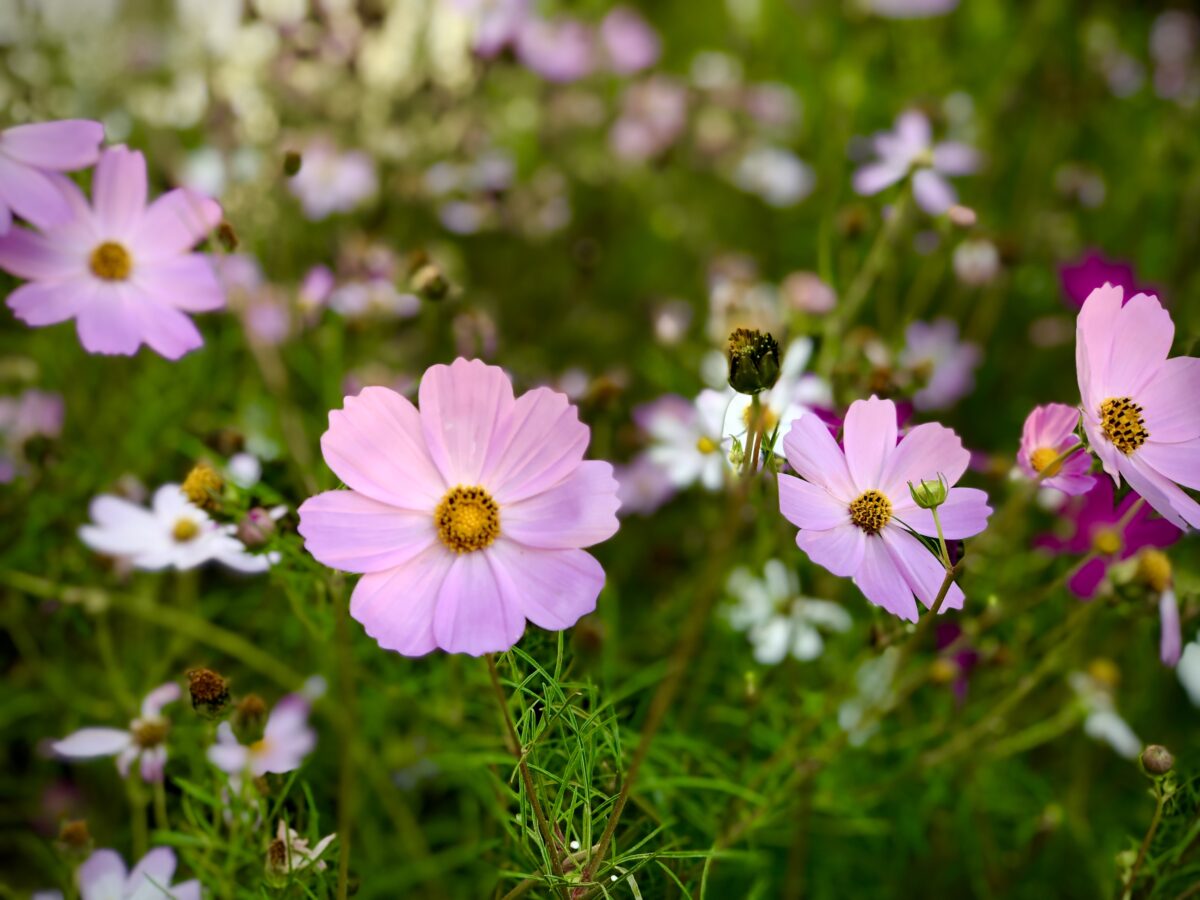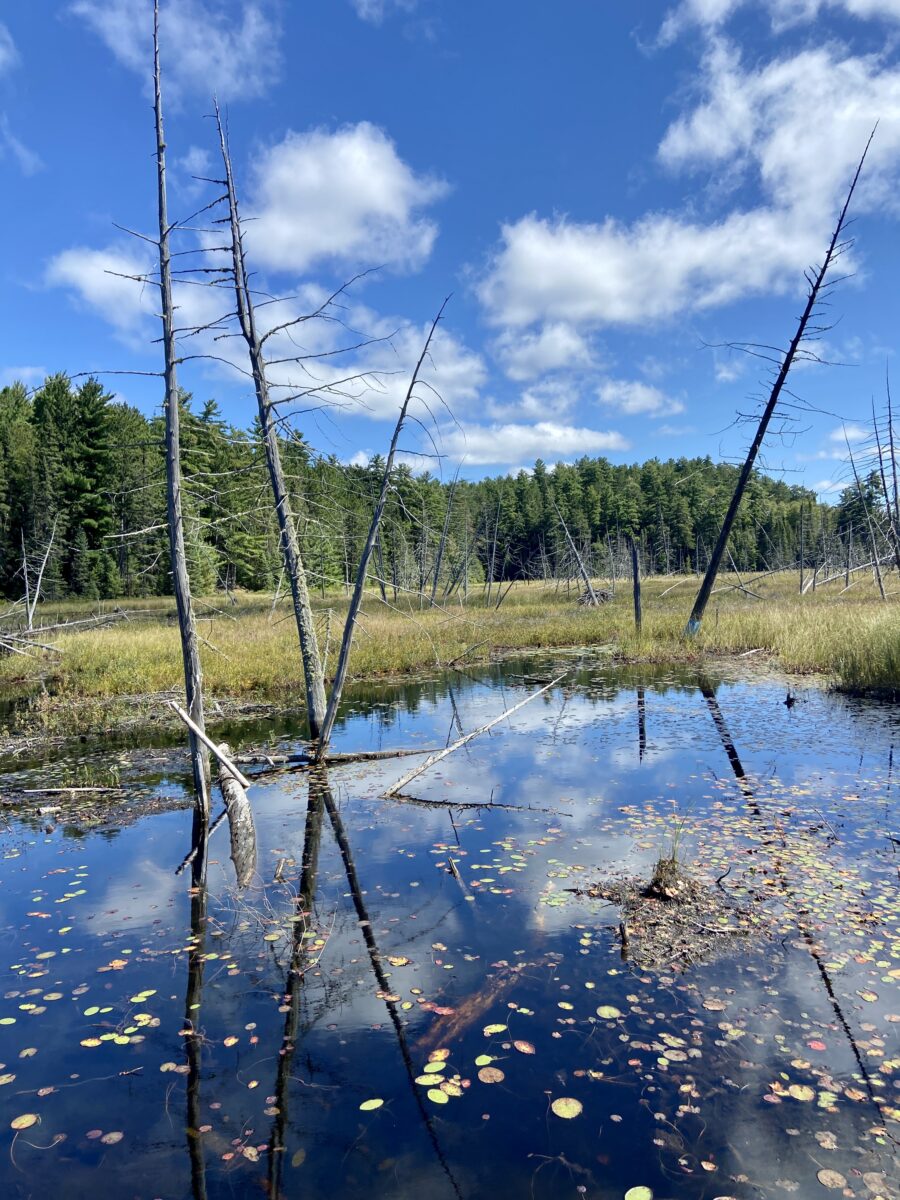Drug Poisoning & the Pandemic
Drug Poisoning & the Pandemic Playlists
View video playlists related to specific topics, including both participants and grief professionals. Use the controls at the top-left to navigate videos within playlist.
Grief Stories features short videos, podcast interviews, and blog posts offering ideas for coping with grief. The tools and activities on this website are intended to be used as a resource for people who are grieving, those who are supporting grievers and healthcare professionals. The information provided is NOT meant to be a substitute for professional therapy.
All content, including our videos, is vetted by health care experts.
They were here.
Experiencing loss during the pandemic includes all the usual challenges of grief. It also involves navigating ongoing changes and uncertainty that impacts how we honour and remember someone who has died. The stigma associated with drug use can complicate finding connection in times of grief even more.
From increased service restrictions when it comes to accessing harm reduction, shelter, and healthcare, to finding new ways to honour lost loved ones as communities, the COVID-19 pandemic has put even more pressure on those impacted by the opioid crisis. At the same time, we're coping with anxiety and other struggles in our day-to-day lives brought on by the realities of the pandemic. It's complex and it's a lot.
At Grief Stories, we're grateful for the support of Northumberland United Way in creating supportive content for those experiencing loss related to substance use and drug poisoning during the pandemic.
Content Funded By

Northumberland United Way
We are thankful for the Northumberland United Way Grant Funding that was distributed to respond to the impact of the COVID-19 pandemic in our community.
Drug Poisoning & The Pandemic-Related Blog
Beauty found at the edges: a portrait of community support
I’d sent a text saying “Hello friends, I’m putting out a call for flowers. I went to public school with Kory, the young man who died in downtown Cobourg this week, and though I hadn’t seen him in recent years, I feel the loss of him on a community level, as I imagine you do, too. Some of Kory’s people are gathering tonight in vigil at the bank where he died, and I’m gathering flowers from those of us who have gardens to share with this grieving community. Do you have some blooms in your garden that you’d be willing to share?”
A Million Other Things: Grieving a Drug Poisoning Death
Sister, father, son, niece, best friend – some of these words might be how you would describe your loved one who has died of an overdose or drug poisoning. People Who Use Drugs (PWUD) are not defined by their substance use – they are a million other things to those who love and miss them dearly. Drug poisoning and overdose deaths are stigmatized in our society. The focus is on how the person died, not who they are. Society still holds onto old notions and beliefs about drugs which come with a value judgment about people who use drugs, which further contributes to stigma. Not everyone who uses drugs is an addict and not all drug use is inherently problematic. People who use drugs deserve dignity and respect when we are remembering and honouring those who have died by overdose or drug poisoning.
Thoughts on International Overdose Awareness Day 2023
We lead multifaceted lives, and the deaths of those we love who have died by drug poisoning contain multitudes. The death of a loved one can bring intense grief, shock, anger, shame, or guilt. People who use drugs, and those who love them that they leave behind, face stigma in North America’s dominant, settler culture.



